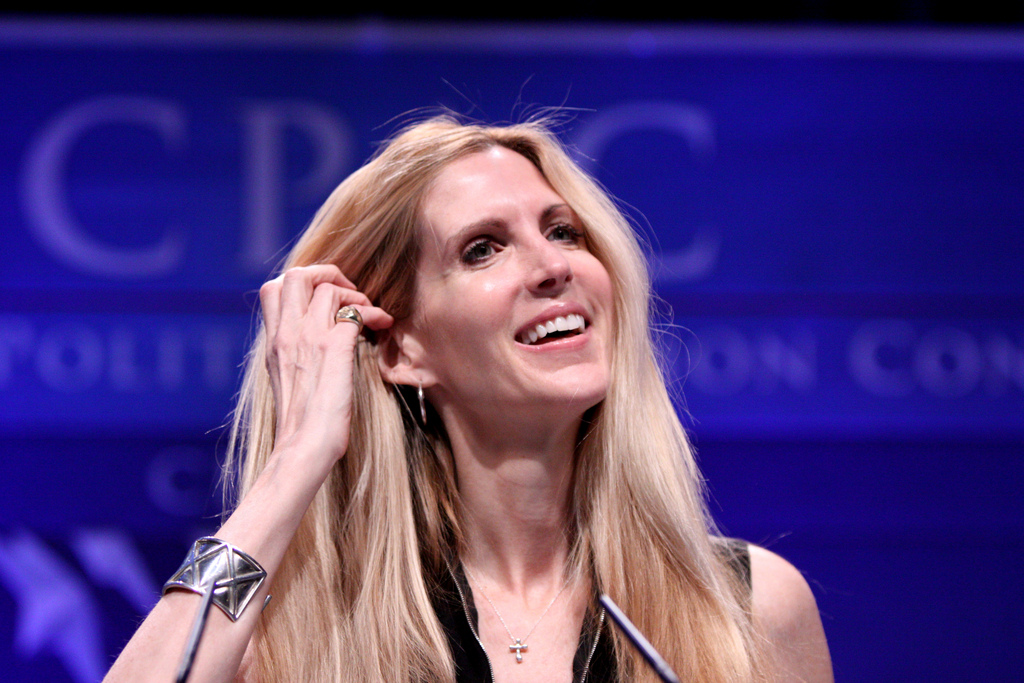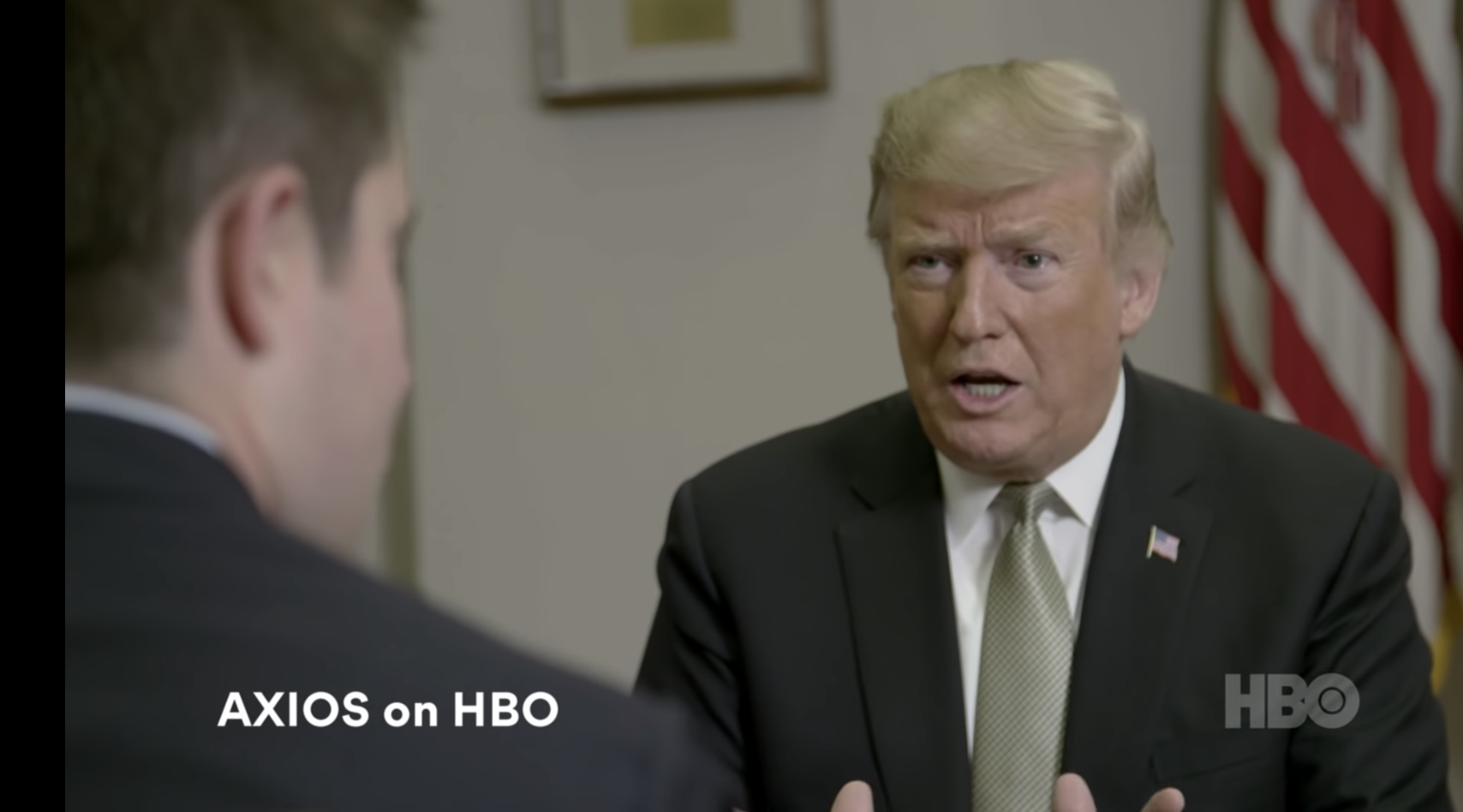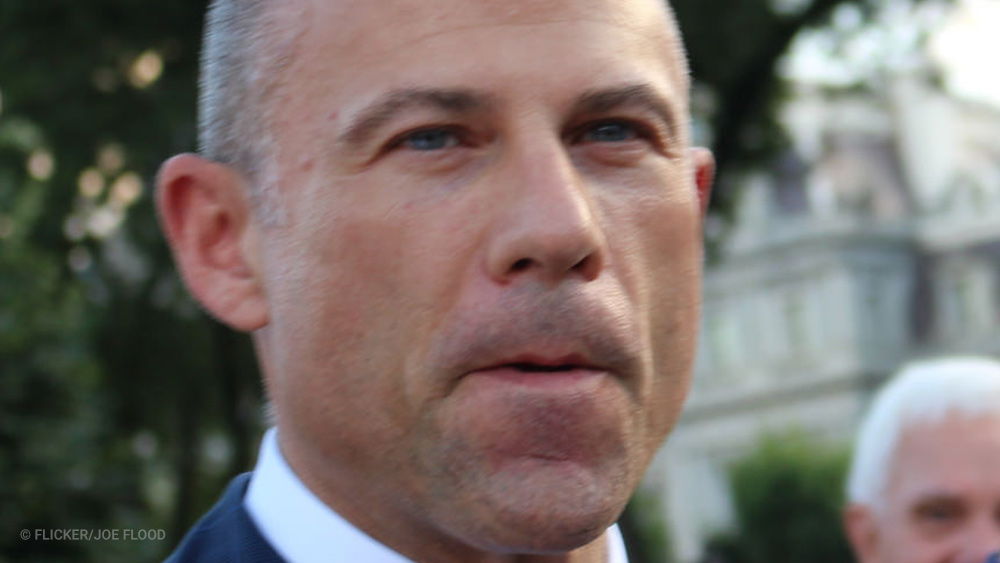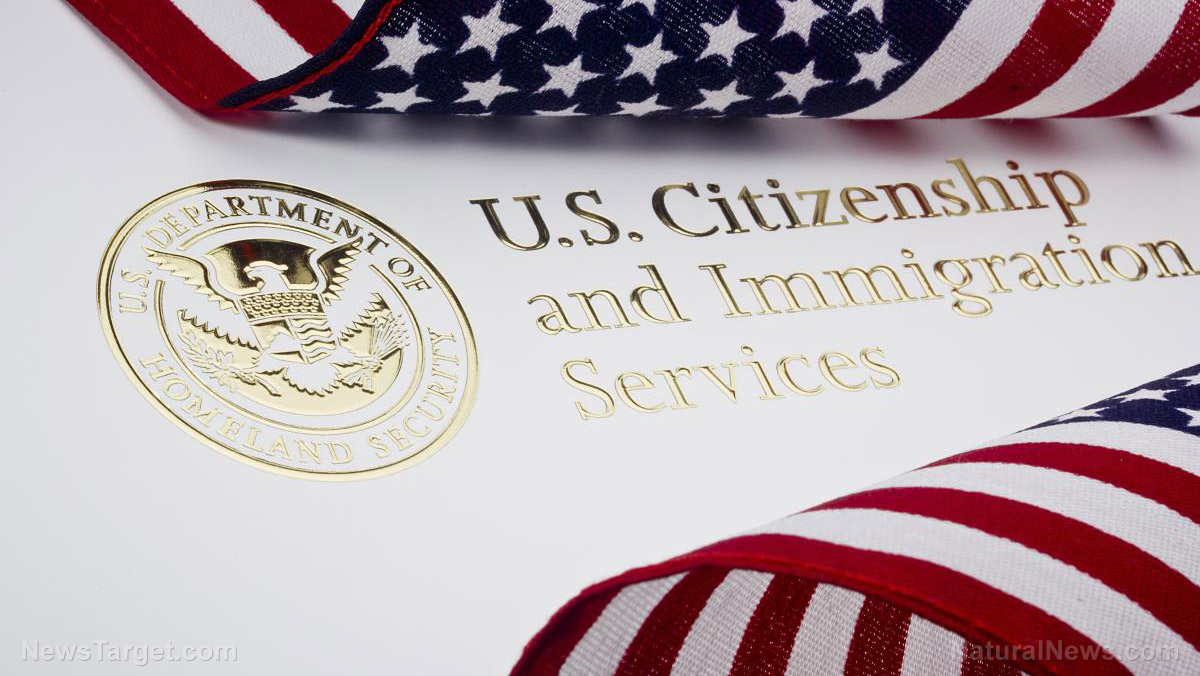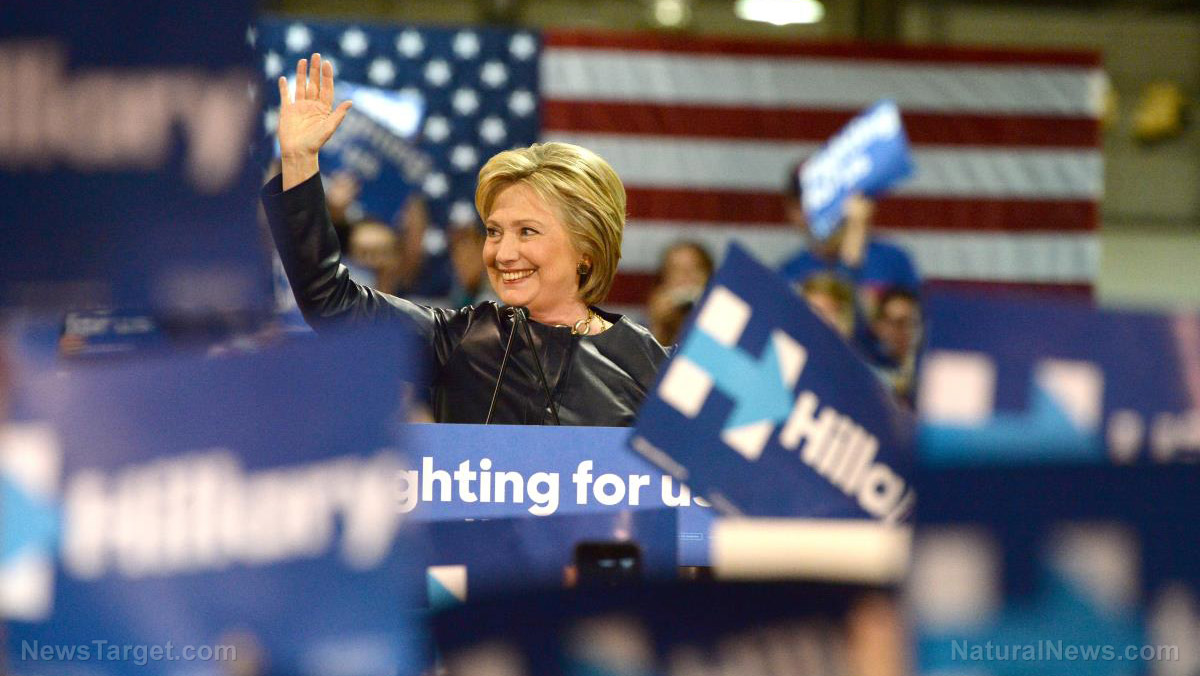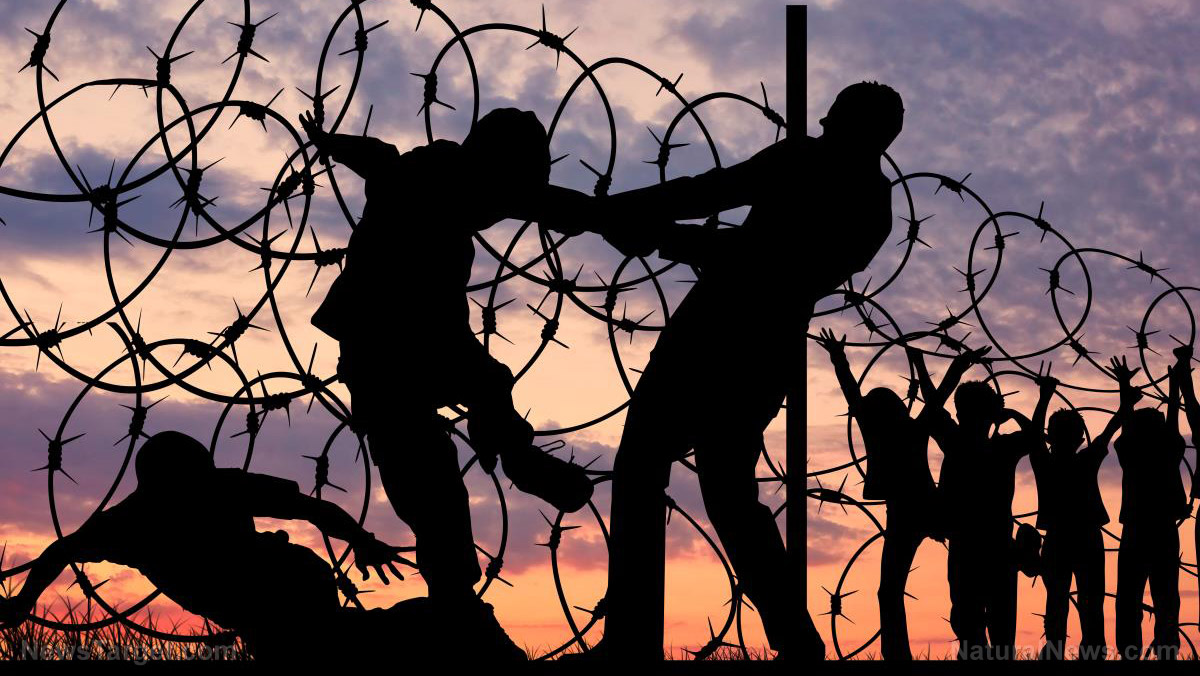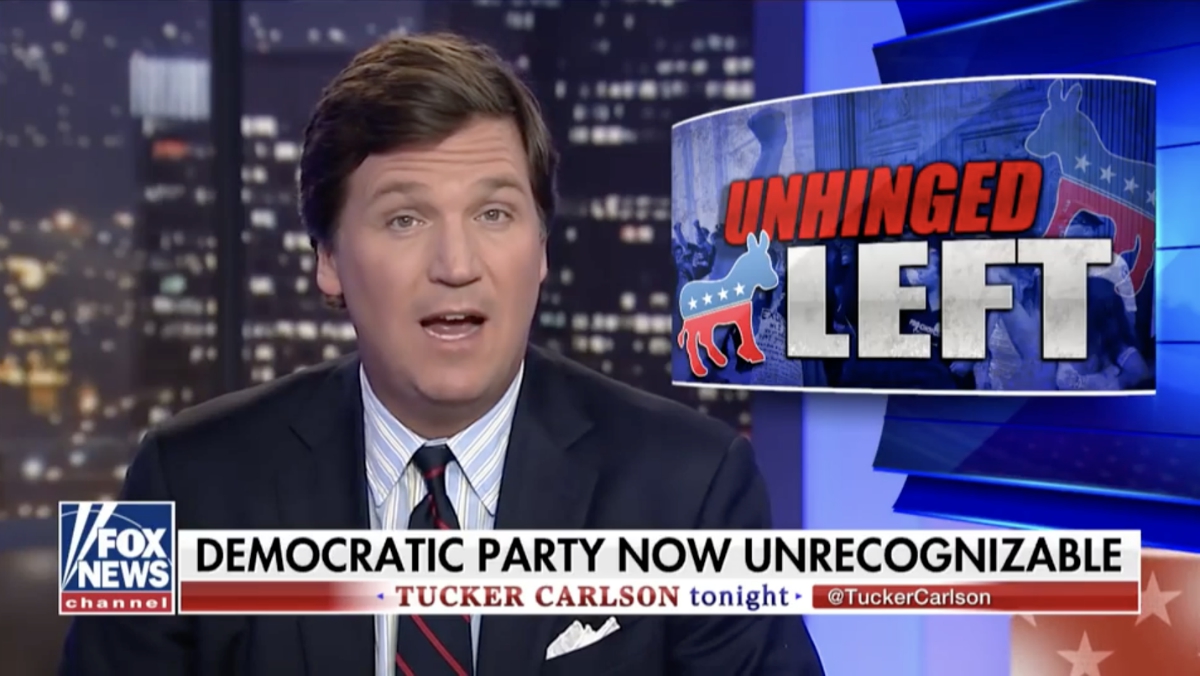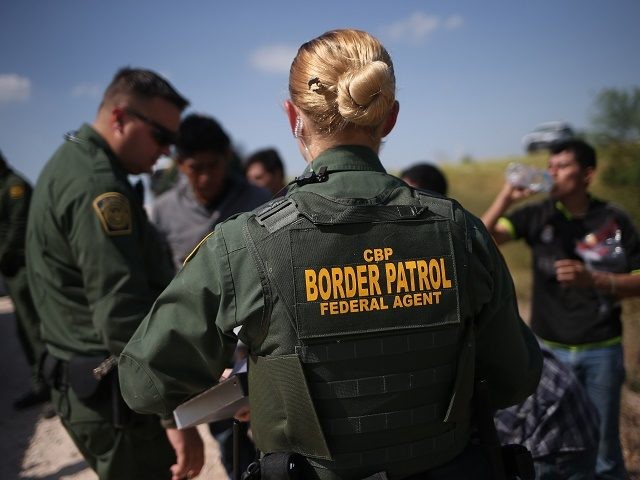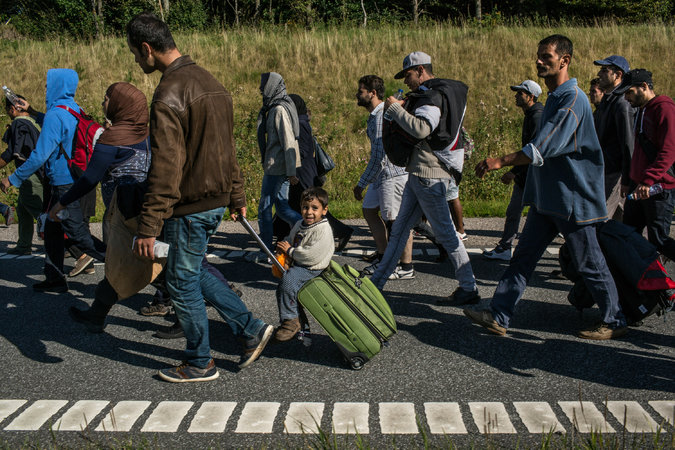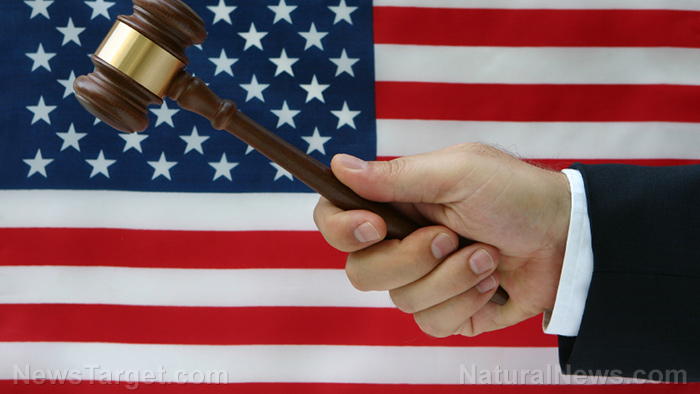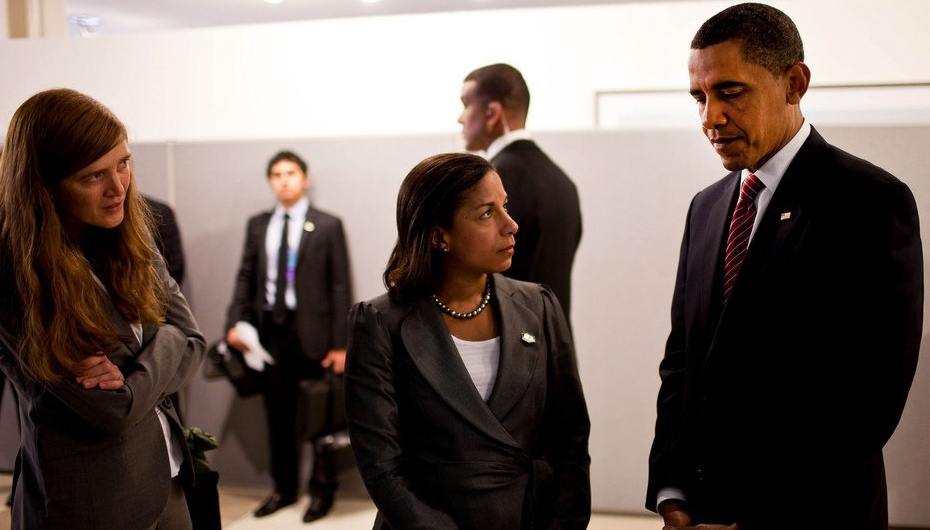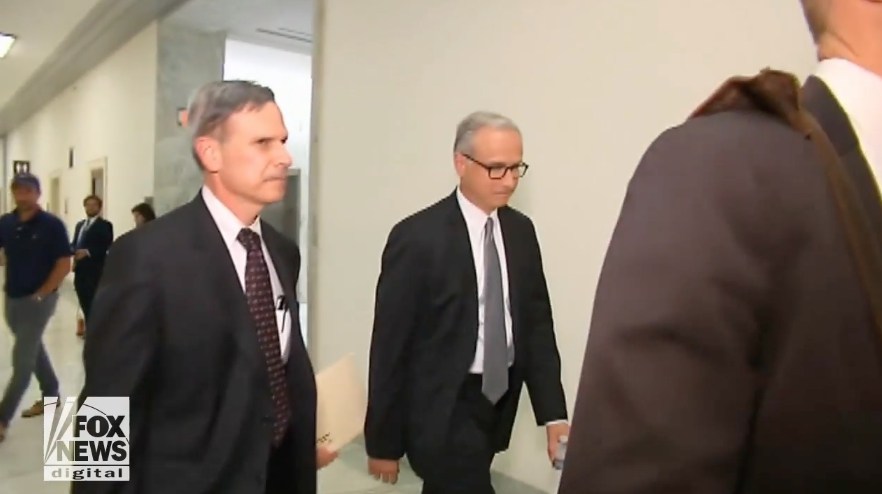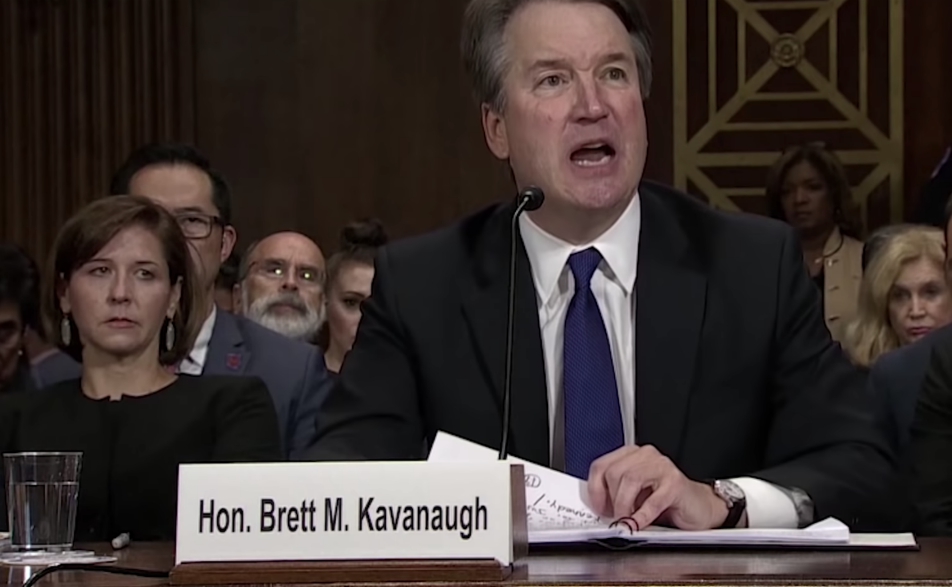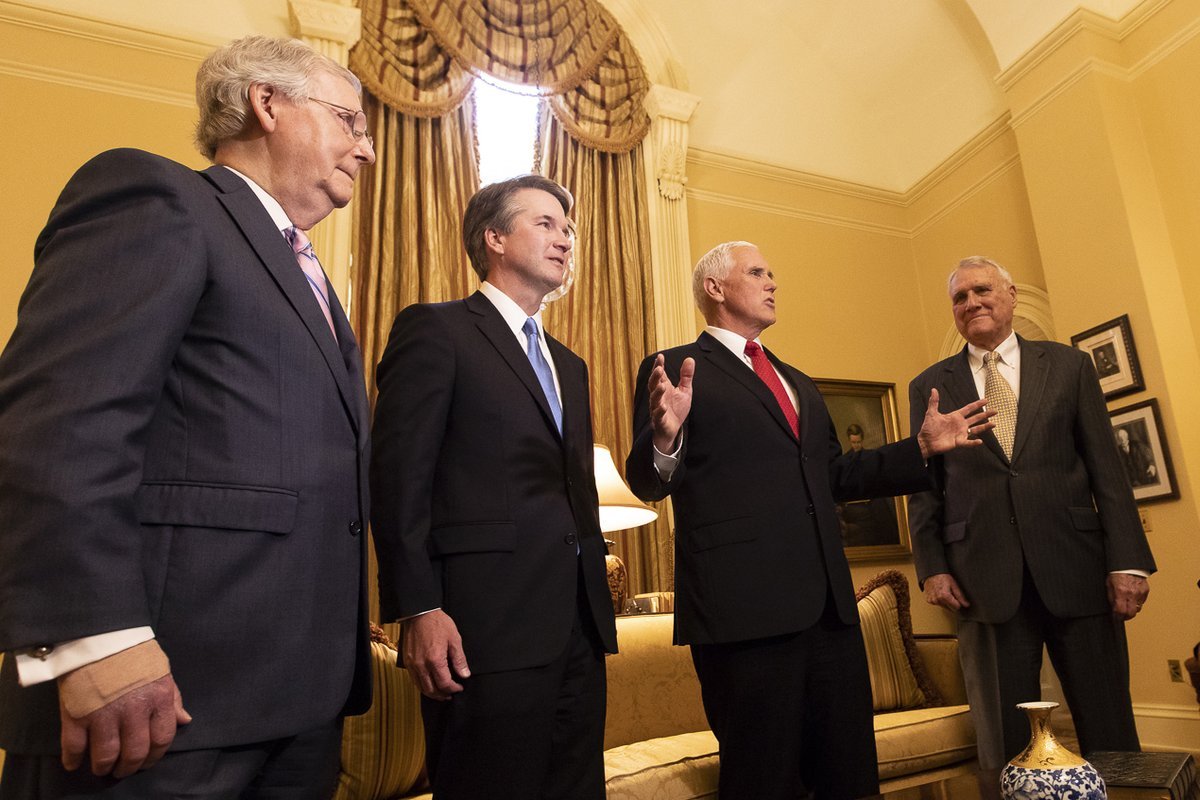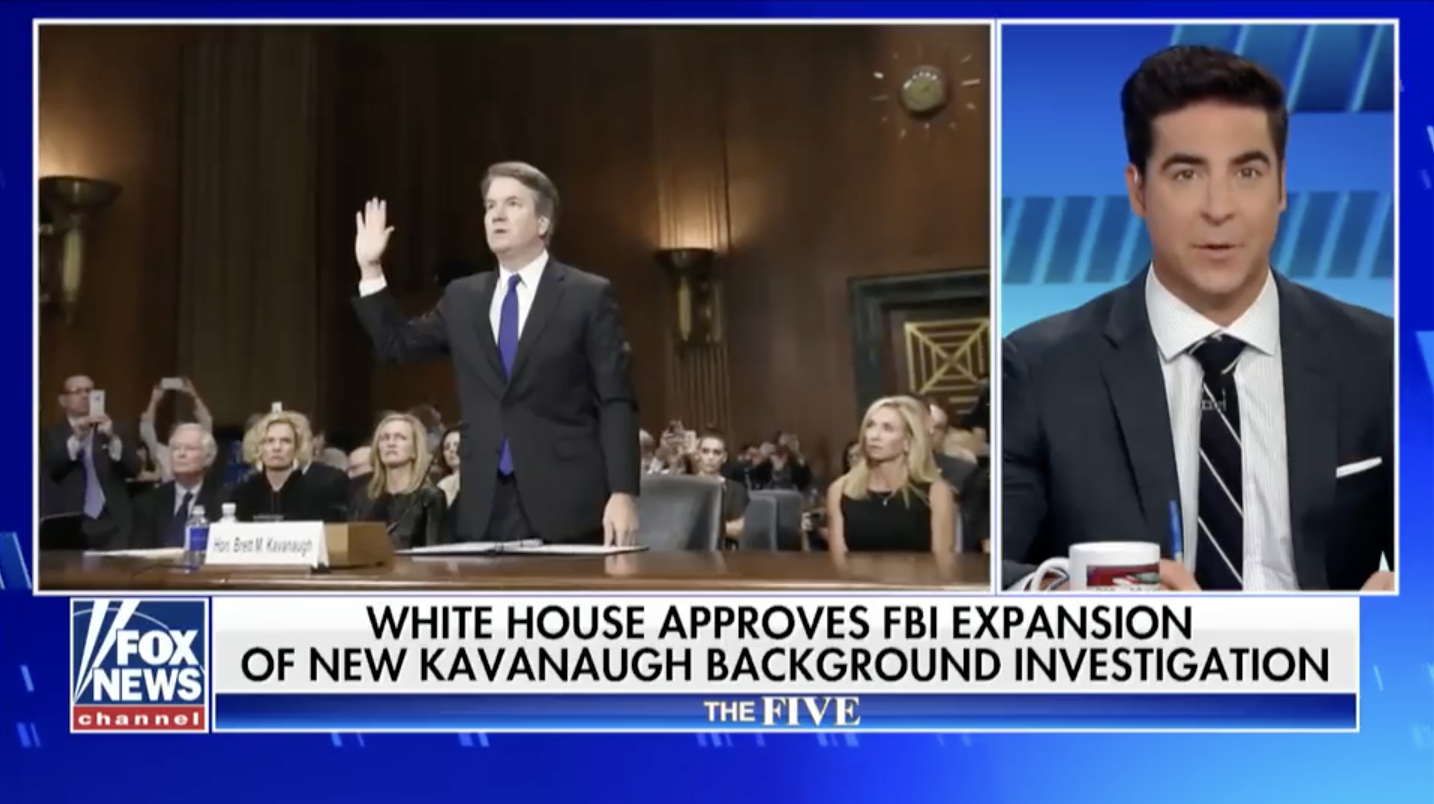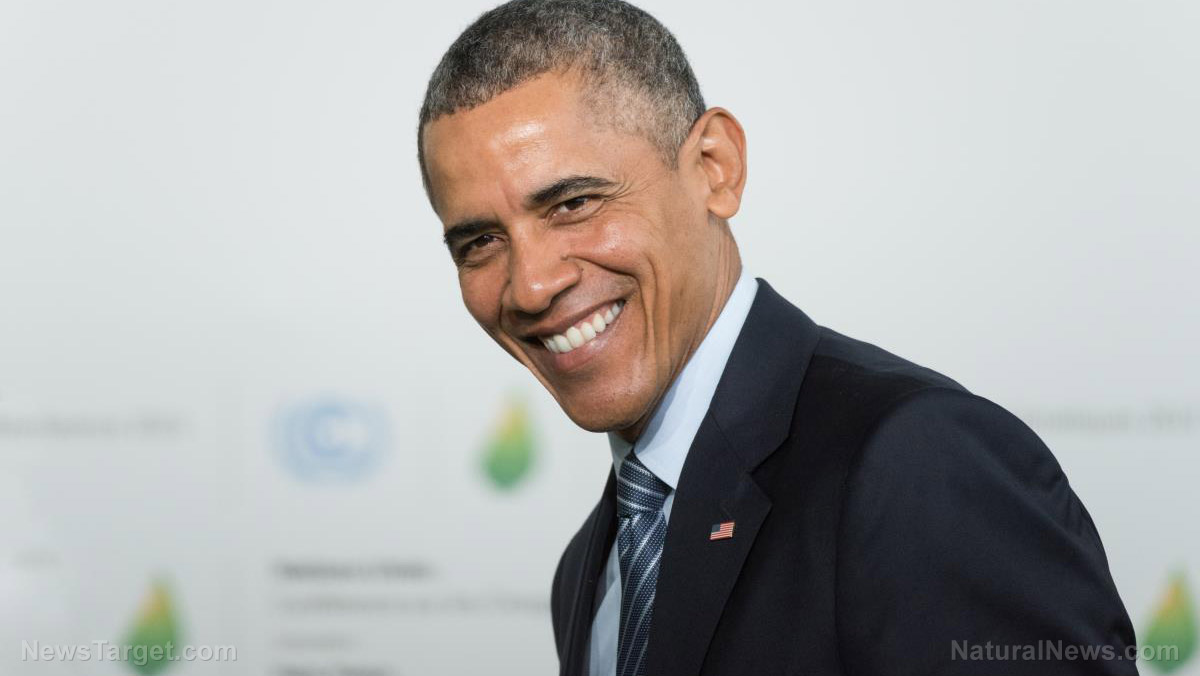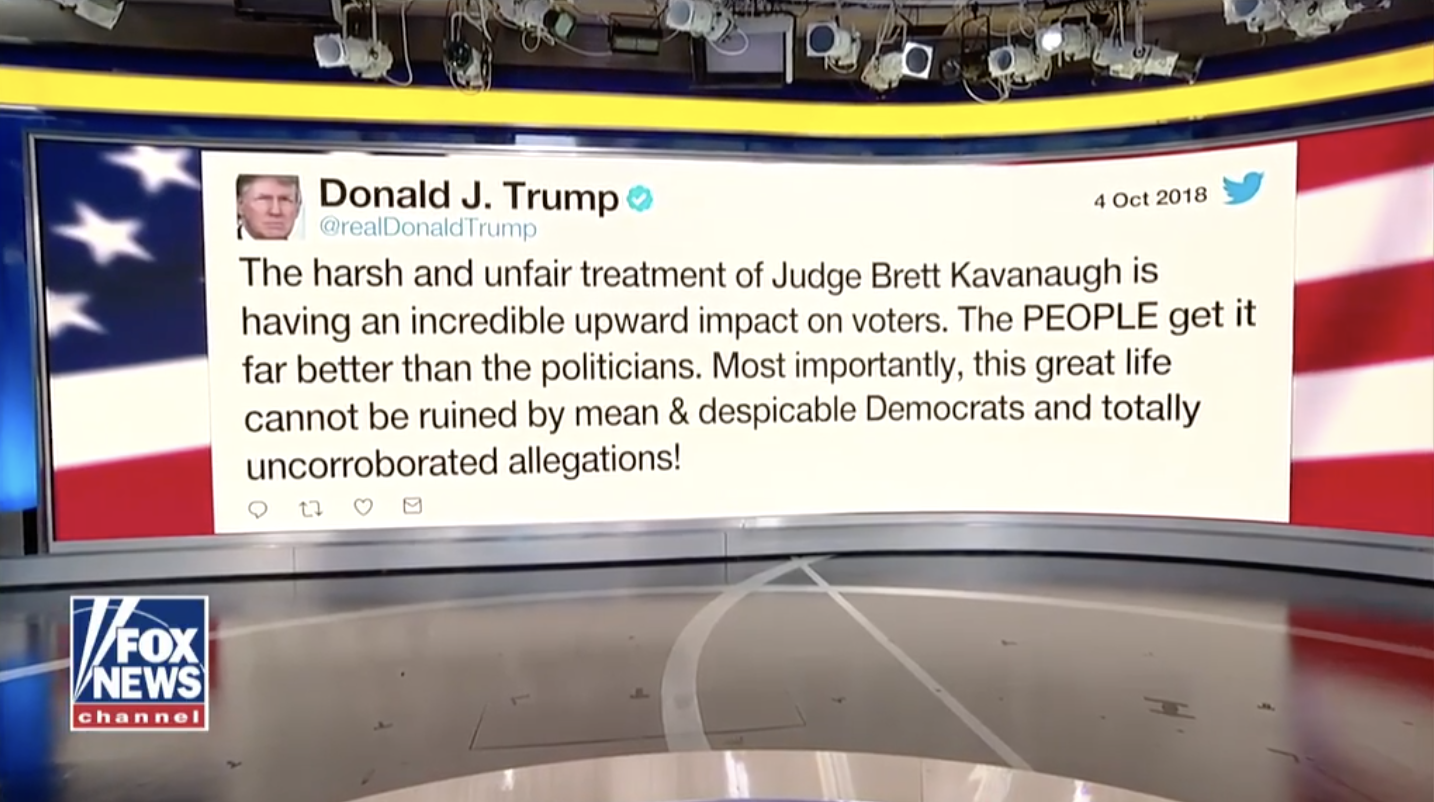How do you ‘rebrand’ D.C. when the public thinks it’s ‘corrupt’ and ‘arrogant’?
10/26/2016 / By whitehousenews

If you meet a stranger on a plane and say you’re from the Washington area, do you get a grimace in response? A disparaging comment about government gridlock, waste or corruption?
Article by Robert McCartney
A group of civic leaders unveiled an effort Wednesday to change that perception. It outlined steps to “rebrand” the Washington region in the hope of making it easier to attract business and talent and to promote what they called “regional swagger.”
The Branding Greater Washington Task Force hasn’t settled on a slogan, jingle or logo for the area. But Cary Hatch, its project manager, told an audience of about 100 regional leaders that the message should emphasize the region’s well-educated, idealistic workforce; sizable private sector; and cultural richness.
Hatch said a survey found that when the public was asked what words it associated with people from Washington, the three top answers were “corrupt,” “educated” and “arrogant.”
“This breaks my heart,” Hatch, who is chief executive of MDB Communications, said. “We need to step out of the shadow of the federal government, because we represent a lot more than that.”
Her presentation highlighted some phrases that looked like possible marketing slogans: “Greater Washington has it all,” and “Where you come to make history happen.”
She described how other cities had successfully branded themselves with taglines such as “I love N.Y.,” “Keep Austin weird,” and “What happens in Vegas, stays in Vegas.”
Hatch also suggested talking points to use with the stranger on a plane to reshape the region’s image “as more than just the ‘Federal City.’ ”
She noted that various publications or studies have labeled the District or the area as:
●Sixth-largest metropolitan economy in the country.
●No. 1 city for professional women.
●Best city for new college grads.
●Third-best place to start a business in the United States.
●“A burgeoning foodie region.”
The task force, formed in June, is led by the 2030 Group, Urban Land Institute, Metropolitan Washington Council of Governments and the Akridge commercial real estate company. It made the presentation to members of Leadership Greater Washington and similar, county leadership groups from Arlington, Howard, Fairfax, Montgomery and Prince George’s.
After getting feedback and doing further study, the group plans to launch the regional branding campaign next year. It hopes to replicate the success of the “D.C. Cool” campaign, which helped raise the District’s profile as a lively destination for nightlife and restaurants.
In three workshops leading up to Wednesday’s rollout, it became clear that the biggest challenge in “branding” the Washington region is deciding whether to embrace the federal government or keep it at arm’s length.
Should the region emphasize its large and growing private sector, in hope of putting distance between itself and the bad reputation of politicians and bureaucrats?
Or should the area instead emphasize its closeness to the levers of power and highlight the potential to land lucrative federal contracts?
The task force tried to square that circle by casting government work as public-minded. In the Washington area, it said, government “provides a stable backdrop to economic growth and inspires a spirit of civic-mindedness and a commitment to action.”
The branding effort got its start in part because of concern over the negative impact on the regional economy of federal budget cutbacks under the process known as sequestration.
In addition, the region got a wake-up call about its negative international reputation when it failed to secure the U.S. nomination to host the 2024 Summer Olympics. One of the main objections was a concern that Washington was seen in many foreign countries as a symbol of American imperialism and militarism.
Mark Ein, founder of Venturehouse Group and a supporter of the Olympics bid, said this year that Washington lost the Games because overseas, the city is viewed as “the evil face of the U.S. empire.”
What is the alternative? Seeking to describe the desired message in a single sentence, Hatch said the goal is to cast the region as “a diverse community of purpose-driven people who together forge a better future through their commitment to ideas and action.”
Now the task force merely has to condense that idea into a pithy phrase that would look good on T-shirts.
Read more at: washingtonpost.com
Tagged Under: Arrogant, corrupt, DC, Political Class

